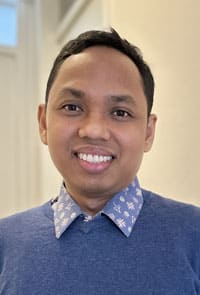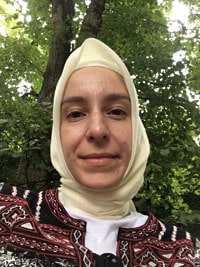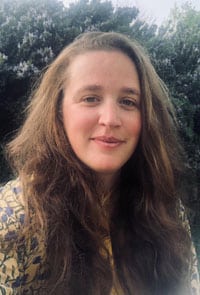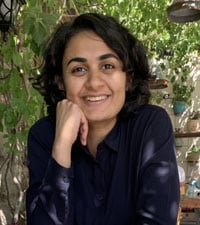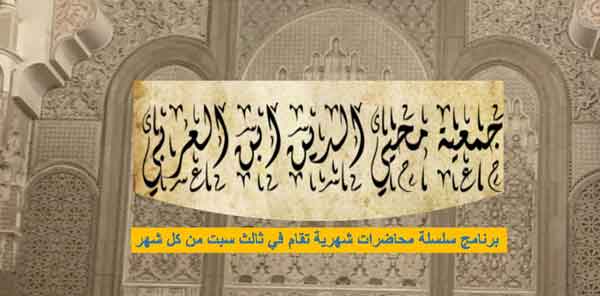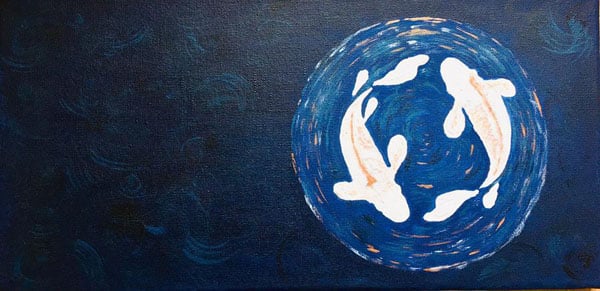Upcoming Worldwide Events and Symposiums
Lower down this page
The judges have announced the results of the competion.
About the young writers
• MIAS-Latina
Online talks in Spanish, Portuguese and Italian
20 April 2024 | Online event
Monthly lectures for Arabic speakers
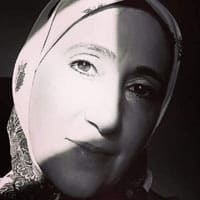
Dr Maslamani is a Palestinian writer and researcher from Jerusalem. She holds a Ph.D. in the subject of Palestinian identity and art. She has produced numerous studies and articles in the field of Palestinian culture.
Maslamani’s passion for Sufism had led her to embrace it as a gnostic intellectual framework and practical path. And she has a particular interest in the gnostic knowledge of Sheikh Al Akbar. Maslamani has delivered many lectures on the knowledge of Muhyi Al-Din Ibn Al-Arabi. She has also completed several research papers on Ibn Al-Arabi and on Islamic Sufism in general.
Maslamani’s lecture will discuss the concept of “Futuwwa” (chivalry) according to Muhyi Al-Din Ibn Al-Arabi, a concept which Sheikh Al Akbar elaborated on within three chapters in Al-Futuhat al-Makkiyya (The Meccan Revelations). The lecture’s topics will include: the meaning of Futuwwa; the characteristics of the youth “Al Fata” according to Ibn Al-Arabi; Futuwwa as a divine attribute; how the servant of God is characterized by it; its reality and origin; the station of power it holds; who among the people of God possess it; and the objectives of its station. Maslamani will also highlight and discuss the Futuwwa of Prophet Ibrahim, the story of “The Man with the Tray,” and the station of abandoning Futuwwa. The lecture will conclude with a summary and reading of Futuwwa according to Sheikh Al-Akabar.
People who would like to attend the lecture can use this link: https://us06web.zoom.us/j/83484657052?pwd=M3NSTFhINVl2c1k2ME1JVzRnd092QT09 [/]
Meeting ID: 834 8465 7052 | Passcode: 000000 | Find your local number: https://us06web.zoom.us/u/kb23I9qIRQ [/]
For more details of the series of lectures, please see the Facebook group: https://www.facebook.com/groups/arabicibnarabi
For further information please e-mail mias-as@nokshee.com.
1 June 2024 | Cambridge UK
‘Light within darkness, the infinite dimensions of Love’
Ibn ‘Arabi Society 2024 Symposium
The 2024 Ibn ‘Arabi Society Symposium, ‘Light within darkness, the infinite dimensions of Love’, will be held on Saturday, June 1st, 2024 starting at 09:30 AM at the Woolf Institute, Cambridge. The day will offer an opportunity to explore – through various perspectives – the themes of light, darkness, and Love’s dimensions in Ibn ‘Arabi’s teachings.
Programme
The morning will consist of formal talks, the afternoon will feature smaller workshops and open discussion. Refreshments and a buffet lunch are included in the admission ticket.
Speakers
Paolo Urizzi
Title: ‘From the depths of the Hidden Treasure: the Love-theophany of the divine Names’
Hina Khalid
Title: ‘The Finite World as the Habitat of the Infinite: Decoding the Love Languages of Ibn ‘Arabi and Rabindranath Tagore’
Stephen Hirtenstein
Title: ‘A Love Supreme amidst the flames’
Chairs: Stefan Sperl, Jane Clark and Omar Zein
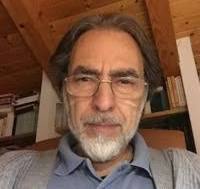
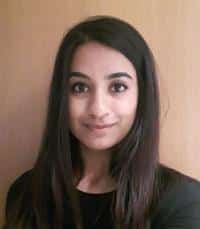

Admission tickets
to include talks, workshops, refreshments and lunch
Early Bird Tickets (on sale up to 12.00 BST on April 23rd, 2024) £65.00 + booking fee
General Admission Tickets (sales after April 23rd, 2024) £75.00 + booking fee
Student (Full time) £20.00 + booking fee upon receipt of a photocopy of your student card to the organiser events.uk@ibnarabisociety.org
To register for tickets and view FAQs, follow this link to Eventbrite https://www.eventbrite.co.uk/e/ibn-arabi-symposium-light-within-darkness-the-infinite-dimensions-of-love-tickets-865066084947?aff=oddtdtcreator
March 2024
Young Writer Award 2023 – Prize winner
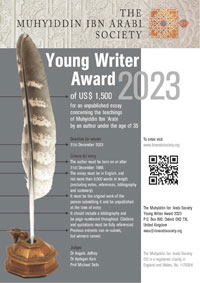
The award was judged by three prominent Ibn ‘Arabi scholars – Professor Michael Sells of the University of Chicago; Dr Aydogan Kars of Monash University, Australia; and Dr Angela Jaffray, who will be best-known to members of the Society for her translations of Ibn ‘Arabi’s works, The Universal Tree and the Four Birds (Anqa Publishing, 2007) and The Secrets of Voyaging (Anqa Publishing, 2015). Many thanks to them for the time and attention they devoted to task of choosing a winner out the eight excellent entries that we received.
The winning essay is entitled ‘Akbarian Hermeneutics in pre-Modern Javanese Literature’. As the title suggests, this is an exploration of Sufi Quranic exegesis in Javanese culture for which, as Ahmad explains, Ibn ‘Arabi’s ideas formed the predominant framework. The judges felt that this is a ground-breaking piece of work, exploring a previously little-known area of study and exhibiting excellent scholarship based on hitherto unstudied sources.
Other entries are also thought worthy of mention. ‘Highly Commended’ are Elif Emirahmetoglu for her essay: ‘The Human Self and Personhood in Akbarīan Sufism and Chinese Buddhism’, which again, breaks new ground in its detailed comparison between these two highly sophisticated traditions; and Sophie Tyser for her essay ‘The World, Man and Ritual Prayer according to Ibn al-ʿArabī’ for its thorough and comprehensive exposition on Ibn ‘Arabi’s understanding of prayer. ‘Commended’ is Farah Akhtar for ‘Cosmos as Revelation: Reason, Imagination, and the Foundations of Ibn ‘Arabī’s Scriptural Hermeneutics’. All four of these essays will be submitted to the Society journal for consideration for publication.
Many thanks to all those who sent in submissions to the award. The hard work and thought that went into all the essays is much appreciated, and it is great to know that there are such excellent young scholars working on Ibn ‘Arabi’s heritage. It bodes very well for the future of Akbarian studies.
Jane Clark
About the young writers
